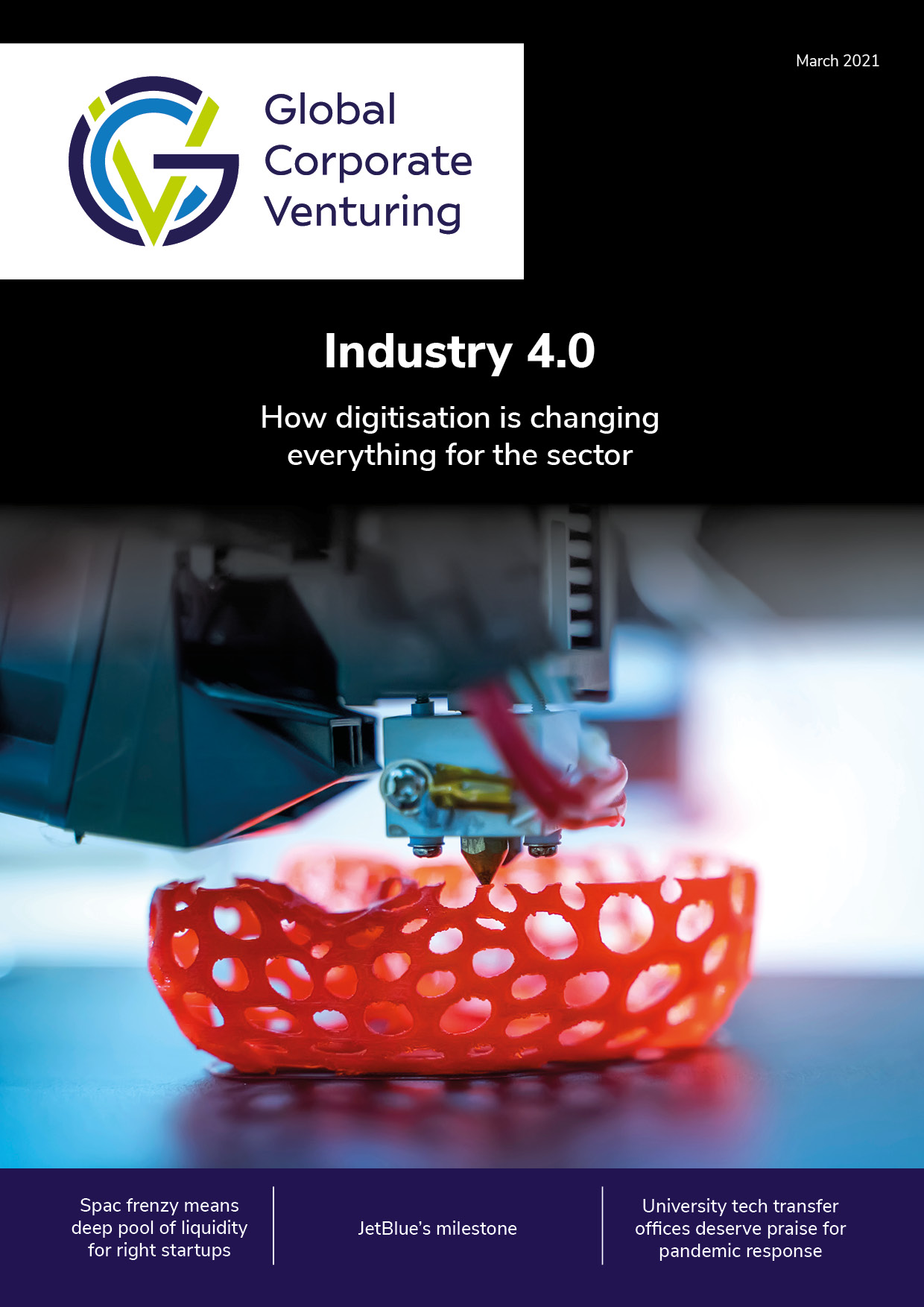When you see hundreds if not thousands of ideas and startups, as Jeff Schumacher, founder of New Asset Exchange (NAX), has then you realise a good team and product-market fit takes you only so far.
The differentiator is volume, often using capital to spend on marketing. Schumacher latest startup, NAX, has taken this idea and developed a software platform to create corporate asset-backed products, ventures and securities.
Emerging with stealth with $65m in funding from a dozen corporate, institutional and family office investors, NAX has a development unit to take data and turn it into a security or venture with the software to trade it.
This model could, for example, turn an insurance company’s data around the 25 attributes needed to underwrite a work of art and allow banks to lend money against it in order to help fund its purchase.
The law of large numbers then works if there are lots of these credit notes to package them up and syndicate or tranche the bundles of debt into asset-backed securities, similar to car loans or house mortgages.
Take the idea on and NAX wants to apply the same model to indie games developers for securitising expected revenues. But its biggest target is climate change.
How can carbon be priced or corporations offset emissions? Schumacher, former founder of BCG Digital Ventures and Axon Advisory Partners, said: “Climate is hard to trade because it is opaque, hard to compare and has no scale.
“The Paris Accord will not work because social investment funds are not enough. We need financial innovation and instruments to attract capital.”
There is increased attention on the topic this year as COP26 is being held in Glasgow, UK, and expected to update the Paris Accord with new emissions targets, carbon reporting, investor incentives and corporate governance standards.
As George Serafeim, professor at Harvard Business School, noted in September’s GCV Digital Forum, the creation of impact-weighted accounting standards will help push the main listed corporations to explaining and tackling their externalities.
Creating a financial market to help, say, a smelter plant minimise or offset their environmental impact would be useful.
GCV through its Global Energy Council and its sister publications, Global Impact Venturing and Global University Venturing, will be preparing its Symposium in the UK in early November around COP26 with special events planned to cover the golden triangle between London, Oxford and Cambridge and in Scotland and the north of England.











